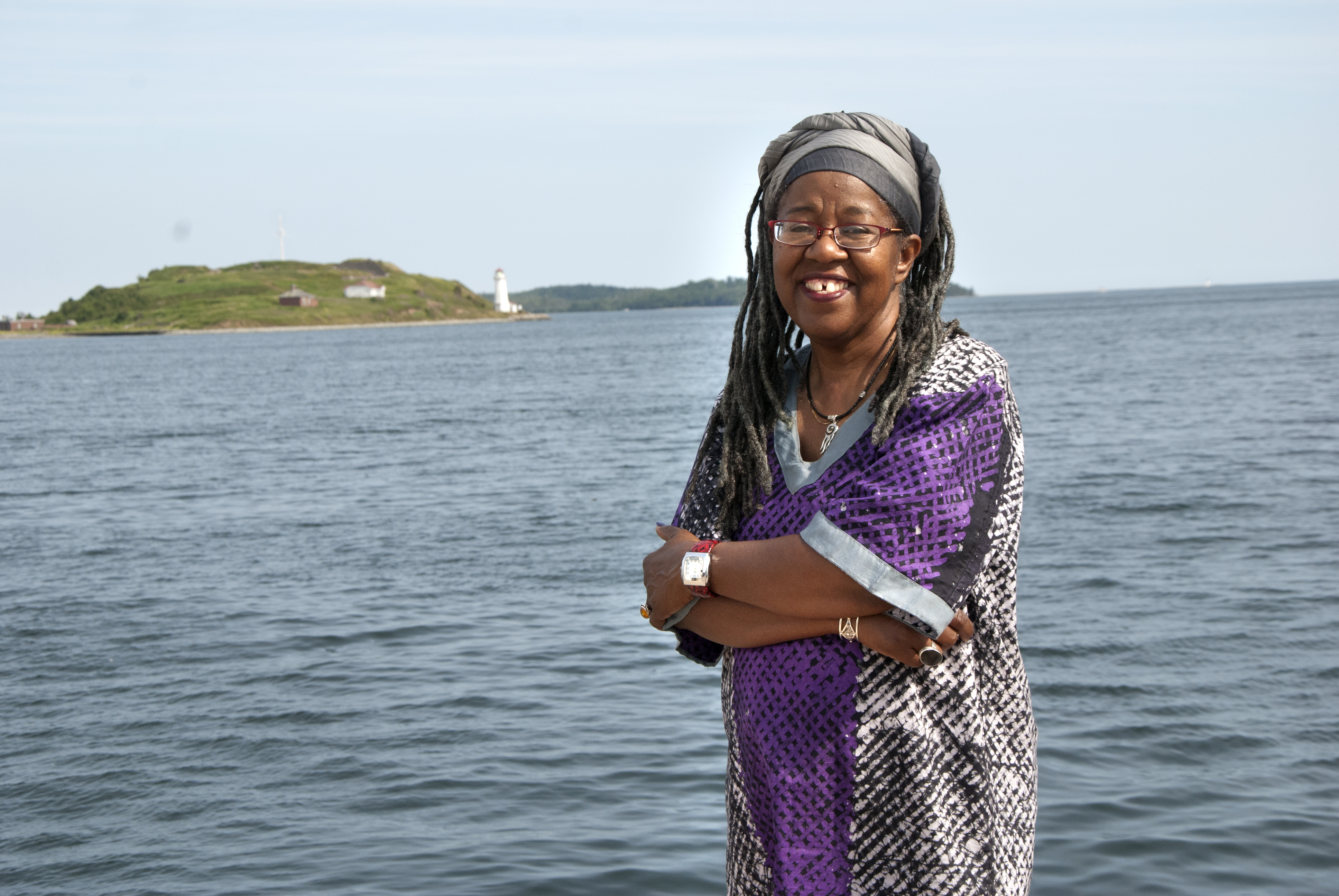Jennifer Hodge de Silva, née Hodge, documentary filmmaker (born 28 January 1951 in Montreal, QC; died 5 May 1989 in Montreal). Jennifer Hodge de Silva was a pioneering African Canadian filmmaker of the 1970s and 1980s. She was the first Black filmmaker to work consistently with both the National Film Board and the CBC. She produced an acclaimed and influential body of work known as realist social issue documentary. Her highly regarded film Home Feeling: A Struggle for Community (1983), co-directed with Robert McTair, is widely taught in film studies programs throughout Canada.

Education and Early Career
Jennifer Hodge grew up in Montreal. Her mother was the broadcaster, civil servant, diplomat and best-selling author Mairuth Hodge Sarsfield. Jennifer was exposed to arts and culture throughout her childhood. She completed her high school education at the École d'Humanité in Hasliberg-Goldern, Switzerland. This resulted in a cosmopolitan view of the world. She also became fluent in French and German, and proficient in Italian.
She returned to Canada to attend Glendon College at York University in Toronto. She earned a Bachelor of Arts (Honours) in Fine Arts in 1974. She then apprenticed at the National Film Board (NFB) in Montreal before returning to Toronto to attend Ryerson Polytechnic Institute (now Ryerson University). She received a Bachelor of Applied Television Arts in 1979. That year, she also directed the NFB short film Canada Vignettes: Helen Law. It is a portrait of a Chinese immigrant and her first-generation Canadian son.
While still a student, Hodge served as assistant director and associate producer on the film Fields of Endless Day (1978). It was one of the first Canadian films to significantly chronicle nearly 400 years of African Canadian history. The film was directed by Terence Macartney-Filgate. Hodge also worked with him on the CBC TV production Dieppe 1942 (1979). For this two-part documentary about the disastrous Dieppe raid during the Second World War, Hodge was responsible for organizing the German involvement. This included convincing German army and Luftwaffe veterans to take part. The acclaimed film went on to receive the CBC’s Prix Anik.
Jenfilms
In 1982, Jennifer Hodge married fellow filmmaker Paul de Silva. Together they founded the production company Jenfilms Inc. Through it, they produced a diverse body of work, including: Joe David: Spirit of the Mask (1981), a profile of Clayoquot ceremonial mask artist Joe David; The Edenshaw Legacy (1984), which showcases the work of Haida artist Charles Edenshaw; and the TV series Inside Stories (1989), which chronicles the experiences of ethnically diverse residents of Toronto. Jenfilms also created the acclaimed series Neighbourhoods. It examines the history and character of different communities across Canada. It included a “Kensington Market” (1985) episode narrated by King of Kensington star Al Waxman.
Hodge de Silva’s signature film is Home Feeling: Struggle for a Community (1983), co-directed with Robert McTair. It explores the troubled relations between the Toronto Police Service and residents of the city's largely Black Jane–Finch district. The intense and complex portrayal of the overall situation, including the views of both the police and the residents, remains relevant. Home Feeling is recognized as a liberal realist documentary that gives a voice to an otherwise marginalized community.
Legacy
Jennifer Hodge de Silva took a sensitive yet uncompromising approach to documentary filmmaking. She presented complex social conditions through intimate explorations of personal experience. She was the first Black filmmaker to work consistently with both the NFB and the CBC. Her groundbreaking work forged a path for future filmmakers such as Clement Virgo, Sylvia Hamilton and Jennifer Holness.
Hodge de Silva died of cancer at age 38 at Montreal’s Royal Victoria Hospital, where she was born. The biographical documentary Jennifer Hodge: The Glory and the Pain (1992) was made as a tribute to her life and work. It features recollections from those closest to her. Black on Screen: Images of Black Canadians 1950s–90s is a commemorative film catalogue published by the NFB in 1992. It was dedicated “to the memory of Jennifer Hodge de Silva, in honor of the pioneer film work she accomplished.”
See also Black Women in the Arts.

 Share on Facebook
Share on Facebook Share on X
Share on X Share by Email
Share by Email Share on Google Classroom
Share on Google Classroom





